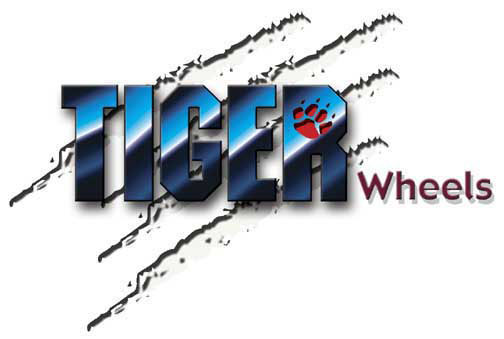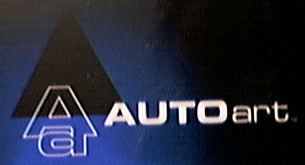The following editorial reflects the personal thoughts of Doug Breithaupt relating to our common hobby of miniature cars. It is intended to generate discussion relating to 'Tales of Toy Cars'. Your letters are welcome and may be submitted via e-mail. Signs of Success |
 Siku and the new Norev
Siku and the new Norev 
 When Hongwell began to produce 1:72 scale diecast models with amazing
detail, many wondered if they would be successful. Kintoys/Kinsmart also
began to offer models in this scale and now Yat Ming has joined in offering
these smaller-scale castings. The quality of these models is very high while
prices are quite reasonable. Distribution is limited at present with few
of these models offered through major retailers. The Schuco name has been
revived and Hongwell castings are offered under this label.
When Hongwell began to produce 1:72 scale diecast models with amazing
detail, many wondered if they would be successful. Kintoys/Kinsmart also
began to offer models in this scale and now Yat Ming has joined in offering
these smaller-scale castings. The quality of these models is very high while
prices are quite reasonable. Distribution is limited at present with few
of these models offered through major retailers. The Schuco name has been
revived and Hongwell castings are offered under this label. Minichamps and AUTOart
Minichamps and AUTOart